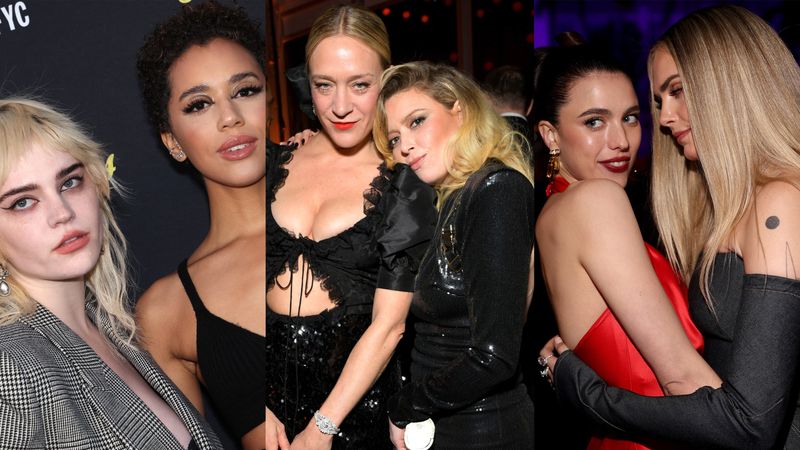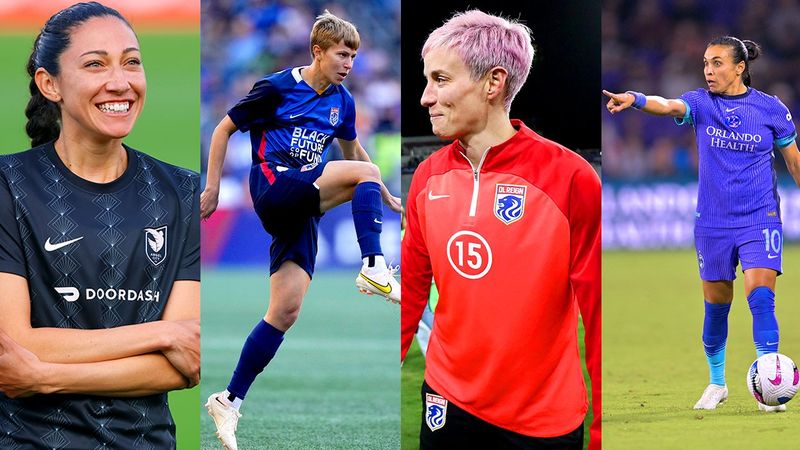Last week, the Boston Globe published a piece by James Lopata called “Marriage equality is great. Now how about equality for singles?” Coming from the perspective of a single gay man, this piece questions the vast number of privileges given to married couples—privileges that single people would stand to benefit from as well, but can’t. These disadvantages apply to a huge number of people—gay couples who don’t believe in marriage (some see that as assimilation to a culture based on heterosexuality), people who identify as asexual or aromantic who also may not intend to ever be married, single parents, and, yes, people who are just still waiting for “the one."
If one of our biggest reasons for working for marriage equality is so that we can enjoy the same privileges and benefits as a heterosexual couple, should we not too be examining the plight of the single person? This is especially important considering that rates of single motherhood have been going way up since the 70’s—including lesbians and bisexual women raising children on their own. This isn’t just a problem for singles, it’s a problem for the queer community.
The Boston Globe article addresses the high cost of being single (it is estimated that a single woman will pay $484,368-$1,022,096 more than a married woman in her lifetime), but doesn’t speak much about single motherhood. Sure, being single means you’re not getting tax breaks and you may be discriminated against for your singledom, but single mothers (gay or straight) are the ones who really have it bad.
Everyone has heard the phrase “it takes a village to raise a child,” and in the United States today, that absolutely holds true. However, for the majority of the U.S., a “village” is a two-parent, white, heterosexual household. Everyone else ends up paying more, working harder, and suffering from various discrimination and prejudice. Raising a child is difficult and expensive, but even more so for single mothers, who are often members of marginalized communities, lacking education and opportunities and working minimum wage jobs with limited upward mobility.
It’s easy to see someone single and think “that’s their choice” or to look at a single mother and think “well, she got herself into that situation”. How about instead of assuming people are poor or struggling because of their own shortcomings, we consider the way society has been set up to favor certain identities over others? Any gay person reading this article can understand the way heterosexual people have had the advantage through history. Luckily, our experience in that provides us with varying amounts of empathy that can help us understand that single people too belong to a marginalized group.
This Boston Globe writer wasn’t the first to compare marriage equality with the plight of singledom. In her paper, “The Other Marriage Equality Problem”, Linda McClain addresses the rise of single motherhood, going as far as to call it the new white lower class. She explains the vast difference in the quality of life between mothers who are married and mothers who are single—even when they come from similar backgrounds. She questions the stigma on single motherhood (remember, many of these mothers identify as lesbian or bi!) and states, “the various researches surveyed confirmed that it is time to ‘rethink singledom’ as simply a ‘stop on the way toward the happy ending,’ and to stop emphasizing ‘the value of the marital bond above all others’ and viewing marriage as a unique pillar of civil society. When ‘more of us than ever before are going it alone’—by choice, the story admonishes—it is time to question the cultural messages that tell us that ‘happiness and success come through our partnerships.’”
If, as Americans, we are beginning to follow this path and realize that being single isn’t so bad, why is it so hard for us to exist that way? As someone who lives in Washington, DC and is in the market for a new apartment, I am constantly thanking my lucky stars that when I move, I’ll not be alone in a $1,300 one bedroom apartment (and that’s undershooting), but will instead be able to enjoy a joint income that reduces my personal expenses greatly. Additionally, once I’m married (which will hopefully be legal wherever we end up after the June Supreme Court ruling), I will receive a great many federal benefits and be able to realistically think about having children without having to panic about time and money.
That doesn’t mean I’m making the “right choice” by having a partner when I someday have a child—it means I’m lucky. Lucky that society has historically viewed a family as a unit of two people, and consistently undermined the single mom by blaming her if she struggles to get by (see the “welfare queen” stereotype).
The shame of single motherhood and singledom in general is used to distract from an economic and social climate that cannot properly sustain a single person. The wealth gap has widened so much in the United States that we must approach the economy as a team—something that not everyone wants to be part of.
What are the solutions for this unheard of marriage equality problem? Re-define what it means to be a family. Stop assuming that a child needs two parents (or even a father) to turn out well. Improve working conditions and raise the minimum wage to allow single mothers to spend time caring for their children, or the ability to afford childcare and help. Stop asking people when they’re going to settle down, as if that is the only option.
Next time you walk a pride parade, remember you’re not just fighting to be able to marry your partner—you’re fighting for equality under the law and the right for everyone, regardless of race, gender, ability, and even marital status, to pursue happiness.





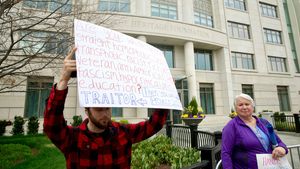


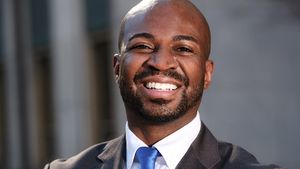




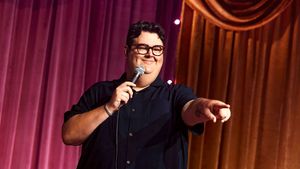
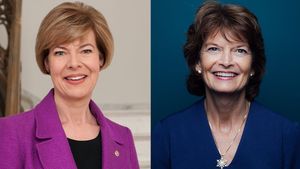
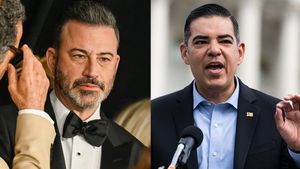


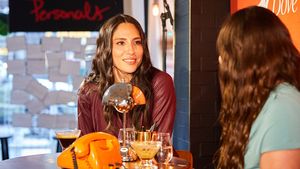

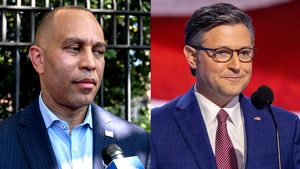







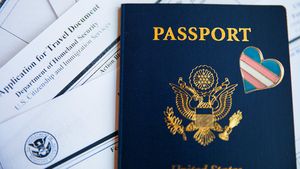






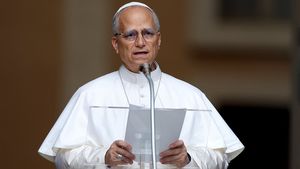
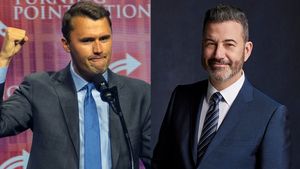




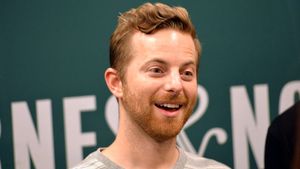


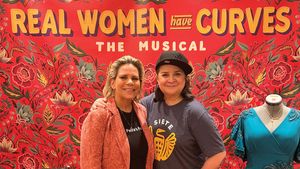





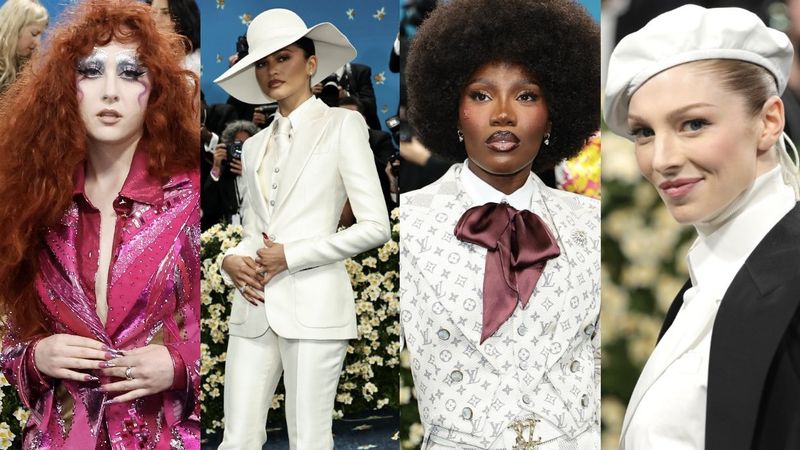



































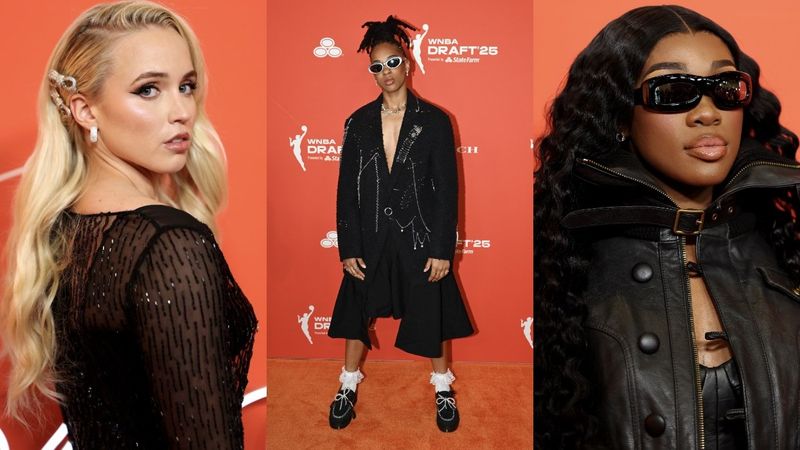
 Cindy Ord/Getty Images
Cindy Ord/Getty Images










